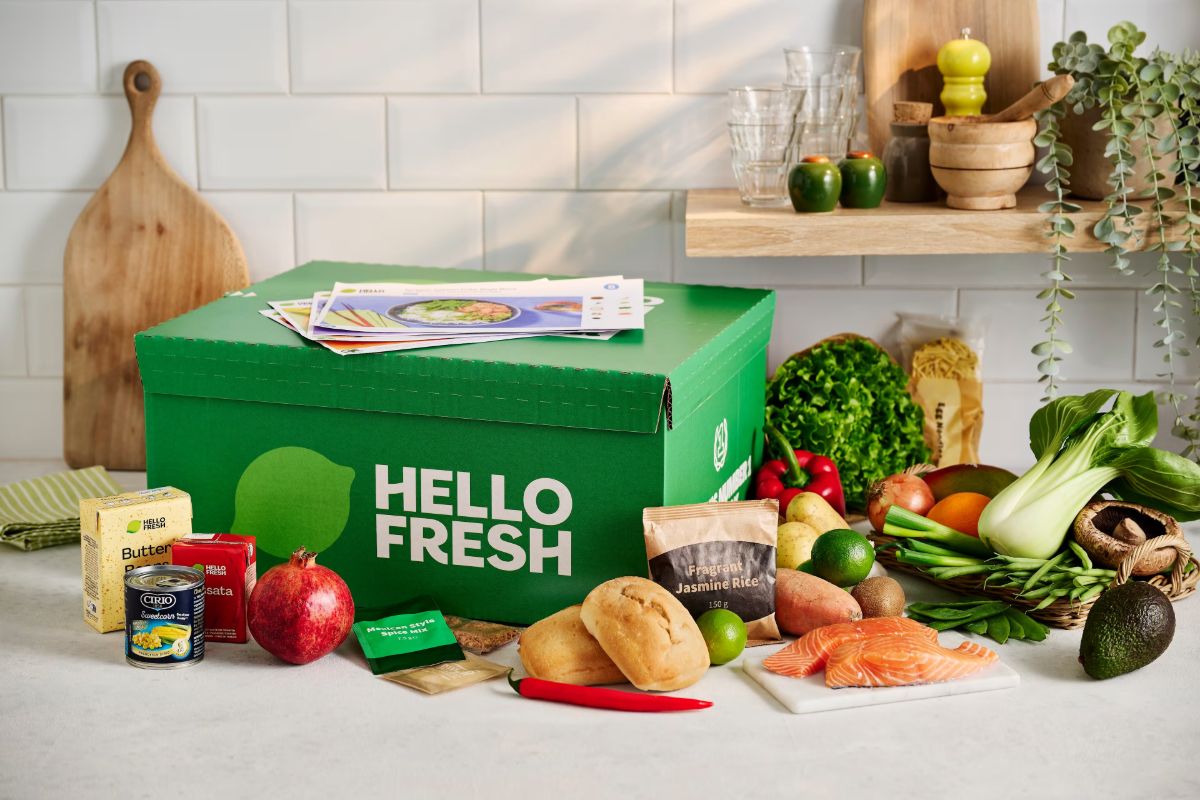In an exclusive interview with eDelivery, the IKEA sustainable mobility head Angela Hultberg talks about the strengths and limitations of electric vehicles (EVs).
eDelivery.net: What does the term “sustainability” mean to IKEA and how important is the issue to customers in your sector?
Angela Hultberg: It means we want to create a better everyday life for the many people, within the limits of the planet. There is not a one thing that we do that is sustainable, it’s something that greatly affect all aspects of our business, from circular business models, design and materials we use, to sustainable deliveries, community involvement and renewable energy. It’s our everyday, and we believe being a more sustainable company is indeed good business.
IKEA reaches billions of people across the world. And across the world, consumers realise that we all need to make decisions that are good for both people and planet and we want to co-create tomorrows solutions with our customers.
Is it possible to balance customer demand for faster and cheaper delivery with reducing carbon emissions?
Yes. We will not transform this industry simply by replacing a combustion engine with an electric one. This is the moment in time to take a long hard look at our current ways of working and see what we can to differently not only to reduce emissions, but also to create a more convenient customer experience. The two can, and should, go hand in hand. We will not deliver goods the same way we have for the past decade, but instead introduce new concepts. Also, we see that over time, electric vehicles can actually contribute to lower cost, since fuel and maintenance costs are lower. As the price of the vehicles goes down, the business case will get better and better.
What is the main business case driving you to adopt electric vehicles?
Our vision is to create a better everyday life for the many people. Being able to breath air that is not toxic should be a given, but it is not. So first and foremost, we believe this is about being a responsible retailer.
But we also think this is good business long term. We see many policy makers taking action, implementing low emission, and even zero emission, zones in city centres. Since we want to be able to reach all customers, we need to find ways to deliver to them all. So this is also about futureproofing our business, making an investment now to have a better business tomorrow.
What results have you seen so far from using electric vehicles?
Lower emissions is of course a given. But we also see a difference in the working conditions for drivers. Electric vehicles are quiet, and the noise reduction really makes a difference in their every day at work.
We see the vehicles on the market today are good enough to get going. Perfect? No. But good enough to get going and then work to make them better.
What impact is it having on consumer perceptions of your brand?
Our focus has been on implementation, and we have not followed up on consumer perception yet. But we hope our customers see us as being responsible, trying to find better ways to meet them.
The technology has limitations in terms of battery life and range – how are you overcoming these?
Are the vehicles perfect? No. Are they good enough? Yes. We focus on last mile, where we don’t need the same range need as in long haul. In many cases, a last mile vehicles does not need to travel that far if we make our flows as efficient as possible. This is not true in all markets of course, and we also see many places where range is indeed a limitation today. So we try to adjust and find the operational options where we can use EVs.
What support would you like to see from outside the industry – eg governments – to ensure EVs are a success? For example, there is a lack of charging infrastructure.
We would absolutely like to see investments in charging infrastructure, both from governments, but also other companies in the industry. Policy makers have a huge roll to play to implement the right policies and incentives, fossil fuel bans, tolls to support and drive the electrification. We also need consistency, so the industry knows what to expect and can act accordingly.
Finally, we would like to see more collaboration in general, between different types of actors in this space, retailers, transport companies, OEMs, policy makers, energy companies, charging companies etc..
Are there any other sustainable delivery technologies you are excited about?
Technology is great, and I look forward to seeing the development of batteries, autonomous vehicles, hydrogen and much more. But the thing I am most excited about is not tech, it is the transition from vehicles to services. Today I am looking for the companies who focus on offering logistic solutions, and there is a lot of innovation on the market today. That’s where I think we’ll see some huge changes in this industry, and I am super excited about testing, scaling and finding the solutions of tomorrow. Preferably today.








